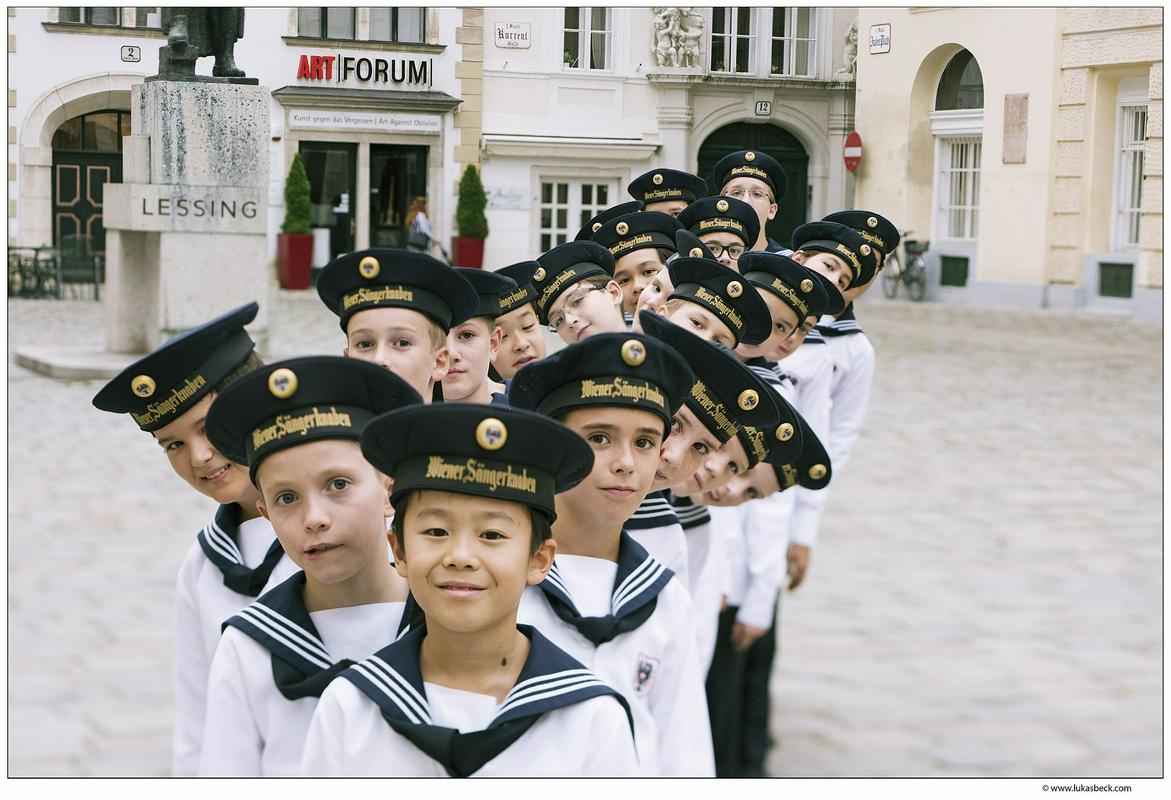
“We are deeply honoured by this award. I am particularly pleased because this award is a royal title of sorts,” said Gerald Wirth, the artistic director of the choir. The Vienna Boys’ Choir is one of the best-known choirs in the world.
The choir was founded by a Slovenian
The Vienna Boys’ Choir is a descendant of the boys’ choir of the Viennese Court, and the choir’s history dates back to the 14th century. In 1498, Holy Roman Emperor Maximilian I moved his court to Vienna. He ordered his officials to found a choir consisting of six boys hailing from different parts of the Holy Roman Empire: Italy, Germany, Austria, and the Netherlands. The choir was founded by the Bishop of Vienna, Jurij Slatkonja, a Slovenian born in Ljubljana. Until 1918, the Vienna Boys’ Choir sang exclusively for the court, on state occasions, and at mass.
Today, the Vienna Boys’ Choir consists of 100 choristers hailing from thirty countries. The boys are aged 10 to 14 and are divided into four touring choirs. They perform an average of 300 concerts per year and have toured in most European countries, Asia, Australia, and both Americas. Their musical repertoire spans all the great periods of music – from medieval to contemporary.
The world-renowned choir will be heading to Slovenia in late March. On March 29, the choir is set to sing at the Cankarjev dom arts centre in Ljubljana. The second concert will go down at the SNG theatre in Maribor on April 1. The concerts, which will see the boys perform works of Mozart, Michael Jackson and other all-time greats, will feature a special guest performance by Slovenian pop diva Helena Blagne.
A. K.; translated by D. V.

































































